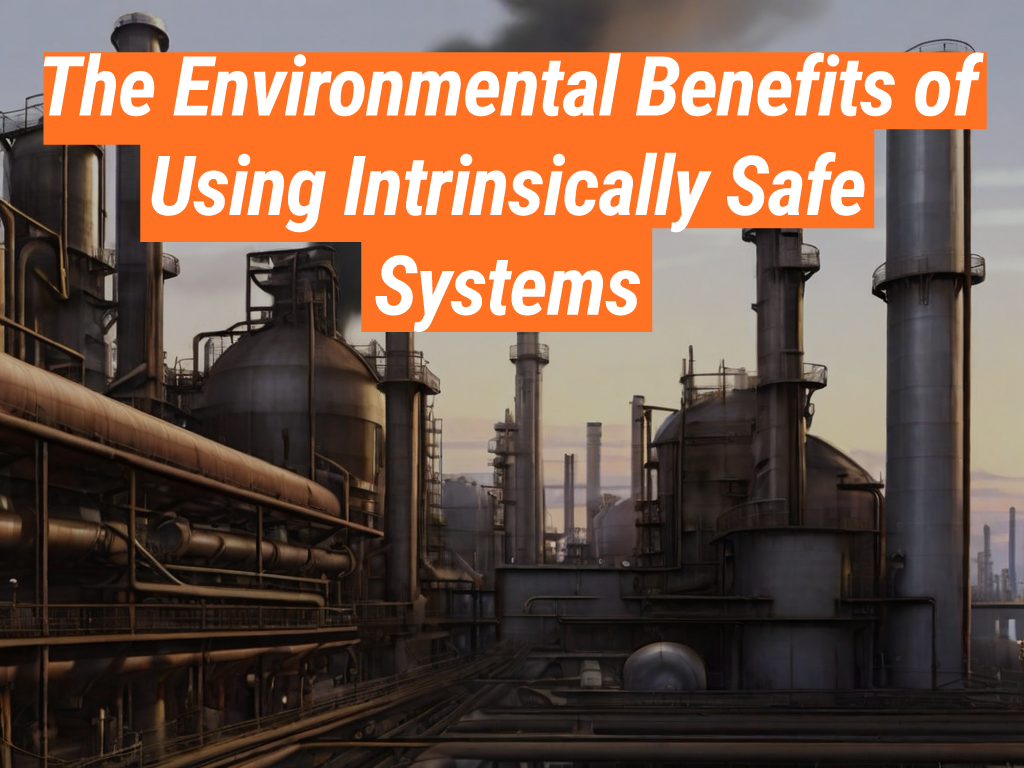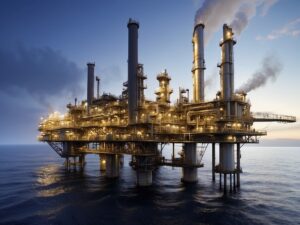As we continue to grapple with the realities of climate change and environmental degradation, the need for sustainable solutions in every sector has never been more critical. One such solution is the use of intrinsically safe systems. This article, brought to you by the Intrinsically Safe Store, explores the environmental benefits of these systems. We invite you to visit our website to learn more about our range of intrinsically safe products.
What are Intrinsically Safe Systems?
Intrinsically safe systems are designed to prevent the release of sufficient energy to cause ignition in hazardous areas. They limit the electrical and thermal energy in the system so that ignition cannot occur, making them ideal for use in industries such as oil and gas, mining, and chemical processing.
Reduced Energy Consumption
One of the primary environmental benefits of intrinsically safe systems is their reduced energy consumption. Designers create these systems to operate with minimal energy, not only reducing operating costs but also lessening the demand on power plants and decreasing greenhouse gas emissions.
Minimized Risk of Environmental Disasters
Intrinsically safe systems also minimize the risk of environmental disasters. By preventing ignition, these systems reduce the likelihood of explosions or fires that could lead to significant environmental damage. For example, in the oil and gas industry, the use of intrinsically safe systems can prevent incidents like oil spills, which have devastating effects on marine ecosystems.
Longer Lifespan and Reduced Waste
Another environmental benefit of intrinsically safe systems is their longevity. These systems are built to last, reducing the need for frequent replacements and thereby minimizing waste. This not only saves resources but also reduces the amount of electronic waste, which is a significant environmental issue.
Case Study: The Impact of Intrinsically Safe Systems in the Oil and Gas Industry
A study conducted by the International Association of Oil & Gas Producers found that the use of intrinsically safe systems significantly reduced the number of incidents in the industry. This not only improved worker safety but also led to a decrease in environmental incidents, demonstrating the potential of these systems to contribute to environmental sustainability.
Intrinsically safe systems offer a range of environmental benefits, from reduced energy consumption and minimized risk of environmental disasters to longer lifespan and reduced waste. As we continue to seek sustainable solutions in every sector, the role of intrinsically safe systems is likely to become increasingly important. Visit the Intrinsically Safe Store to explore our range of intrinsically safe products and contribute to a more sustainable future. For more information, feel free to contact us.


























